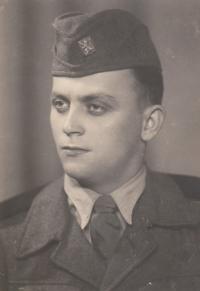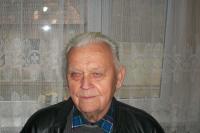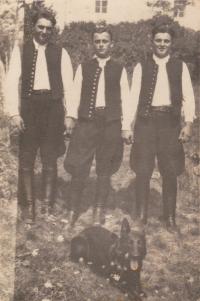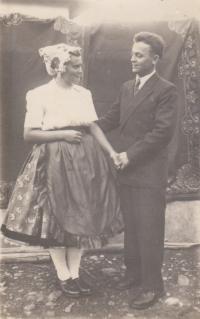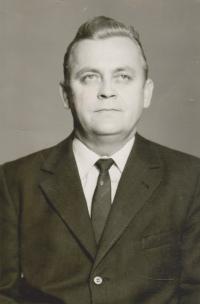They had to know, they wouldn’t change our generation!
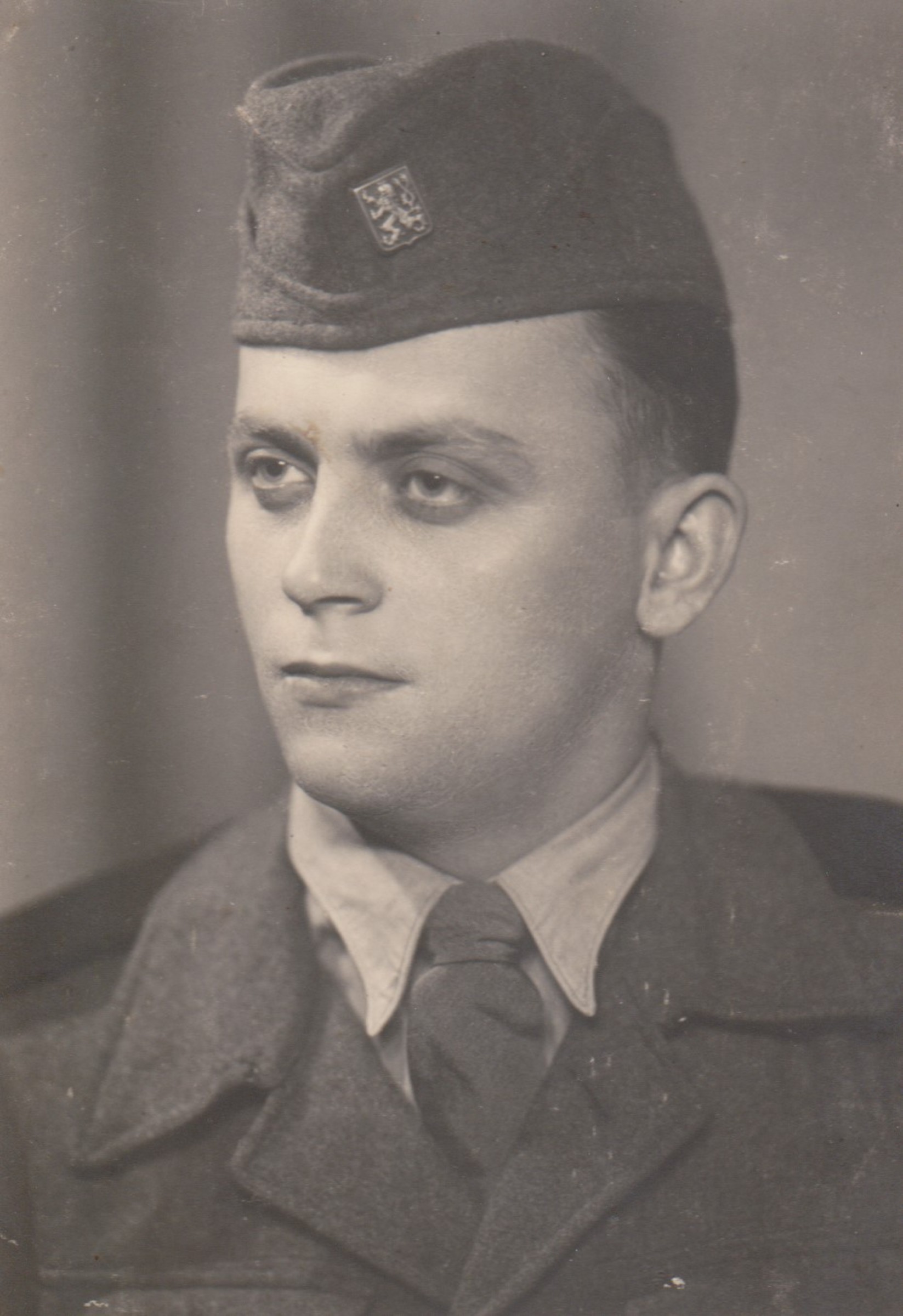
Download image
Jozef Babiak was born on December 24, 1929 in Hontianske Nemce. He comes from a peasant family that owned 20 hectars of land and some livestock. After the February 1948, the communist authority confiscated their farm and merged it into the joint cooperative. On October 1, 1951 Jozef enlisted in the Auxiliary Technical Battalions (PTP) into the military training camp in Libavá, from where he was assigned to mine in Ostrava. There he stayed until his release into the civilian life on December 8, 1953. When he returned home, he had problems to get employed. In the end he got a job of a factory driver in Central Slovakian Cannery and Distillery in Krupina, and remained there for 36 years. Since 1989 he is retired and lives in Hontianske Nemce.
